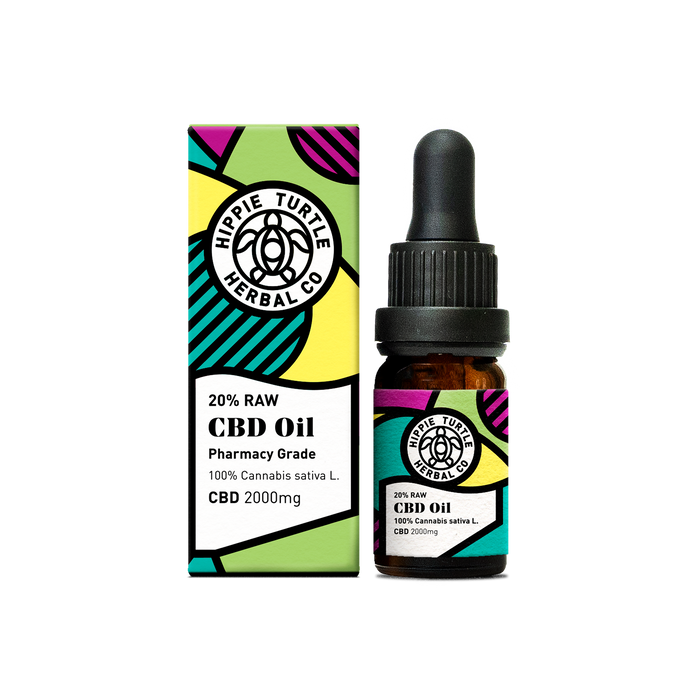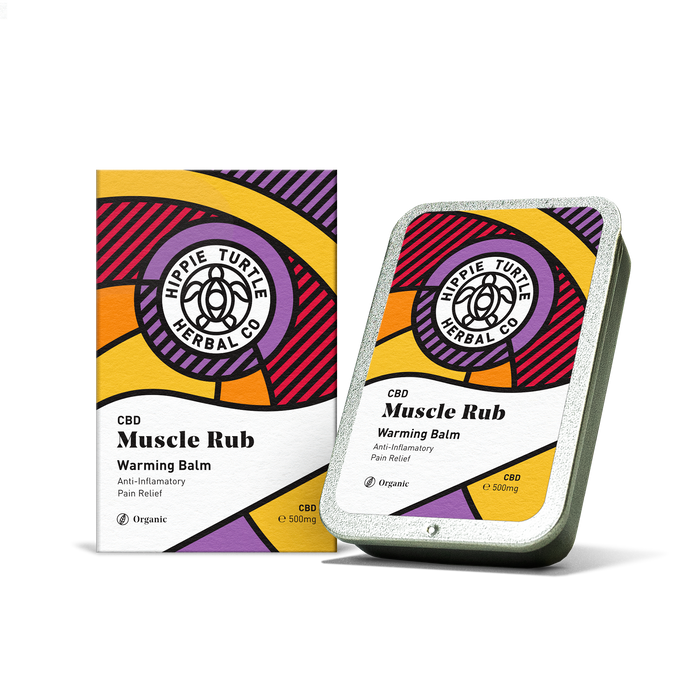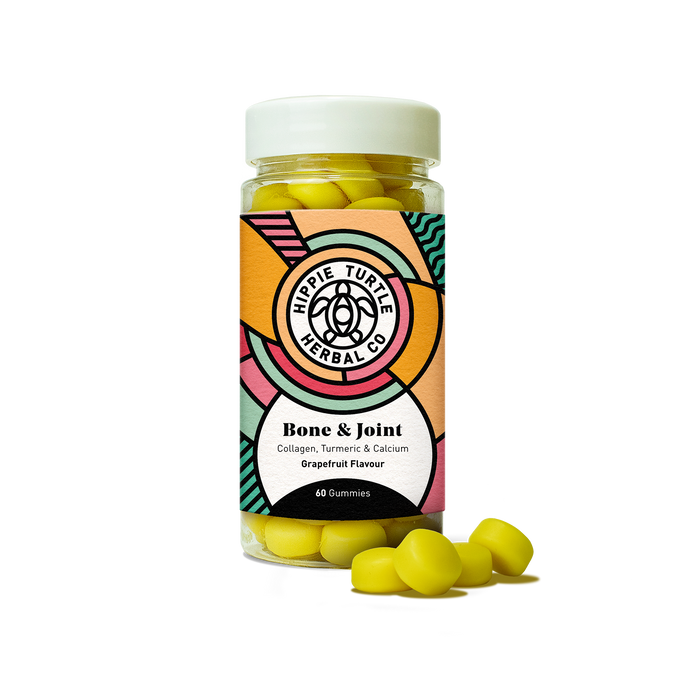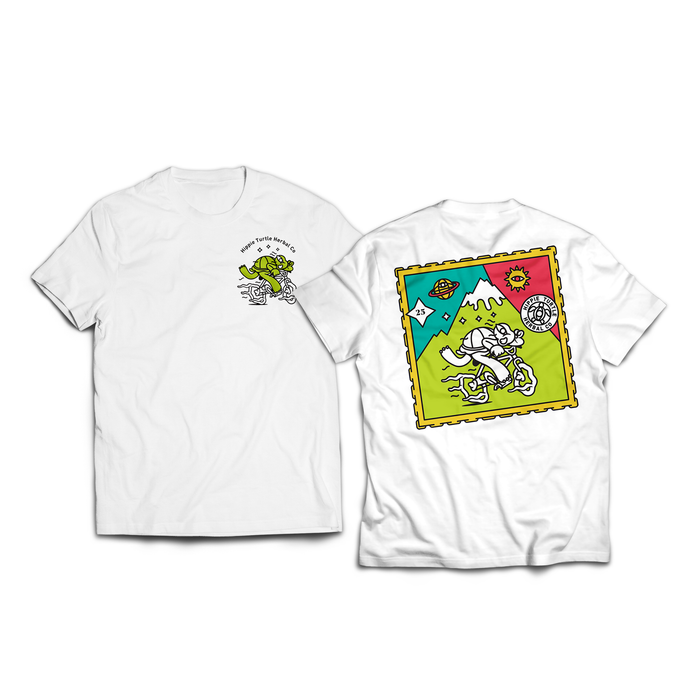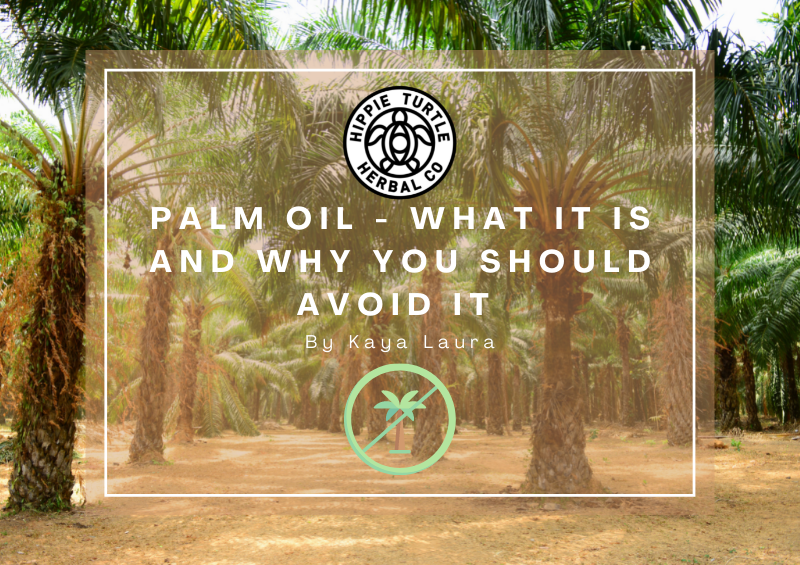

· By Ashley Heeley
Palm oil - what it is and why you should avoid it
What is palm oil?
Palm oil is derived from the fruit of the oil palm tree that is native to West Africa. Large quantities of oil can be extracted from both the kernel and the fruit of the plant. Its high yield means it takes up less space to grow and is considerably cheaper to produce when compared to other plant-based oils. The oil is semi-solid at room temperature, resistant to oxidation, odourless and colourless, and therefore extremely versatile. Due to its commercial success, the oil palm tree has since been introduced to Central America, Indonesia and Malaysia.
What products contain palm oil?
A long shelf-life and high productivity make palm oil a favourite for pre-packaged processed goods. It is the most consumed plant oil in the world, found in around half of the products we find in the supermarket; anything from Oreos and peanut butter to toothpaste and soap. It is everywhere. Even meat is raised on animal feed that contains palm oil. What’s more, is that palm oil comes under a number of different aliases, once processed it could be labelled as stearic acid, palmolein, palmitic acid and more, making it rather tricky to detect. Cetearyl Alcohol, one of the most widely used emulsifiers in skincare, is usually extracted from palm oil too.
Why should we avoid it?
In recent years there has been growing controversy surrounding the palm oil industry. The destruction of rainforests to accommodate palm oil plantations has resulted in an irreversible loss of biodiversity and wildlife among some of the earth’s largest carbon sinks. Listed below are the 3 main reasons to steer clear of palm oil:
Arguably the most devastating impact of the palm oil industry is the loss of biodiversity. Rainforests are home to a number of rare species. More specifically, the island of Sumatra in Indonesia is one of the few places in the world in which wild tigers, elephants and orangutans live side by side. Because Indonesia is the worlds largest producer of palm oil, all three of these animals are facing extinction, as they become trapped when the rainforest is cut down around them. Some farmers even see orangutans as pests and shoot them with air rifles in the face and eyes. Unable to find food, blind orangutans may starve to death.
Oil palm trees are fast-growing and over time have been genetically selected and bred to have shorter trunks, bushier tops and produce fattier fruit. It is without a doubt that such mono-crop plantations store substantially less carbon than the rainforests which stood before them for thousands of years, resulting in a significant loss of carbon sequestration. Not to mention, fires are used in order to clear forested land and make way for palm oil farming, unleashing enormous amounts of carbon into the air. As well as threatening adjacent ecosystems, this affects the entire atmosphere of the planet.
Wealthier countries that grow palm oil, such as Malaysia, import cheaper labour from Bangladesh and Myanmar to keep profits high. Often these workers are brought over under false pretence; plantation owners promise them lucrative work in hotels and restaurants but instead, they are left stranded on plantations with their passports confiscated and no means of getting home. It is very difficult to determine from packaging where palm oil comes from, often unlabeled or processed elsewhere for consumption, as consumers we have no way of knowing whether or not we are contributing to slave labour. Palm oil plantation workers endure horrendous working conditions with no unions for support. Reports of dangerous working conditions, including harmful agrochemicals, snake bites and equipment falling on staff, are rampant. In conjunction with this, corrupt governments often rent land in jungles to big companies for profits ignoring the fact there are indigenous people living there, wrecking the sacred spaces they have inhabited for centuries.
What about sustainable palm oil?
Because of growing awareness surrounding palm oil’s devastating effects on the environment, the UK government set out a plan to ensure that 100% of palm oil in the UK is from sustainable sources. In 2019, 70% of total palm oil imports were listed as sustainable. Although this sounds promising the reality is less so…
The Roundtable on Sustainable Palm Oil (RSPO) is a labelling scheme that UK supermarkets use to certify palm oil as ‘sustainable’. However, a report by Greenpeace in 2019 confirmed that over half of the fires used to burn down areas of rainforest for palm oil were actually on RSPO certified land. A number of workers have also disclosed that they are instructed to lie about working conditions and practices to RSPO inspectors - those who follow through are given rewards in the form of food, drink and bonuses, and those who do not are sacked from their job or punished in one form or another.
CBD & palm oil
When you buy CBD oil the active cannabidiol is suspended in some form of plant-based oil. This is in order to help the body process and absorb the active ingredient in a safe and effective way. Medium Chain Triglycerides (MTC) are the most efficient form of plant oils for premium CBD products as they are quickly absorbed into the body and carry no unpleasant flavours. MCT can be derived from palm kernel oil which is rarely stated on the product. But rest assured, because fortunately, the MTC in Hippie Turtle Herbal Co’s CBD oils is coconut-derived. Not forgetting all our bath bombs, muscle rubs, and supplement powders too, which are made from only high quality, natural, and organic ingredients and are free from palm oil.
 CBD Muscle Rub | High Strength Cooling Balm 1000mg (40g)
CBD Muscle Rub | High Strength Cooling Balm 1000mg (40g)CBD Muscle Rub | High Strength Cooling Balm 1000mg (40g)
£37.99 CBD Muscle Rub | High Strength Warming Balm 1000mg (40g)
CBD Muscle Rub | High Strength Warming Balm 1000mg (40g)CBD Muscle Rub | High Strength Warming Balm 1000mg (40g)
£37.99

